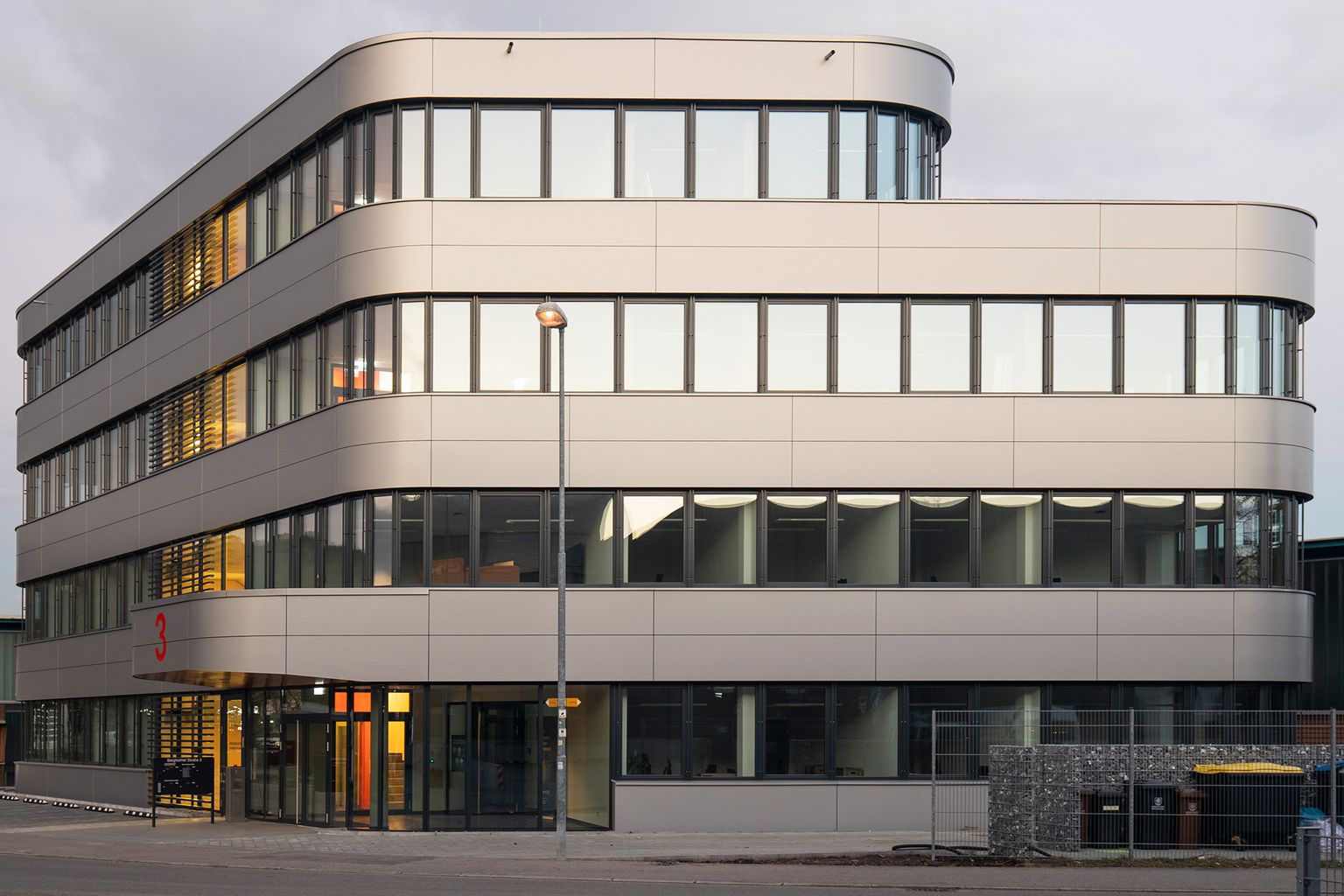Aluminium Composite Panel (ACP) system refers to a type of cladding system used in building construction. It is a sandwich panel consisting of two thin aluminium sheets bonded to a non-aluminium core material, typically made of polyethylene (PE) or fire-resistant mineral core (FR). The outer aluminium sheets provide strength and durability, while the core material enhances the panel’s rigidity and thermal insulation properties.
ACP systems are popular in the construction industry due to their lightweight nature, ease of installation, and aesthetic appeal. They are commonly used as external cladding for facades, signage, and interior applications. The panels come in various sizes, thicknesses, and finishes, offering flexibility in design options.
One of the advantages of ACP systems is their versatility. They can be easily cut, shaped, and fabricated to fit specific project requirements. Additionally, they offer good weather resistance, corrosion resistance, and fire retardant properties (in the case of FR cores).
However, it’s important to note that there have been concerns about the fire safety of ACP systems, especially those with combustible core materials. In some instances, ACP panels with inappropriate installation or non-compliant materials have contributed to the rapid spread of fires in high-rise buildings. As a result, building regulations and standards have been updated in many jurisdictions to address these safety issues and ensure proper installation and use of ACP systems.
When considering the use of Aluminium Composite Panel systems in construction projects, it is crucial to adhere to local building codes, regulations, and industry best practices to ensure safety and compliance. Consulting with professionals and experts in the field of architecture and construction is recommended to make informed decisions regarding the selection, installation, and maintenance of ACP systems.


